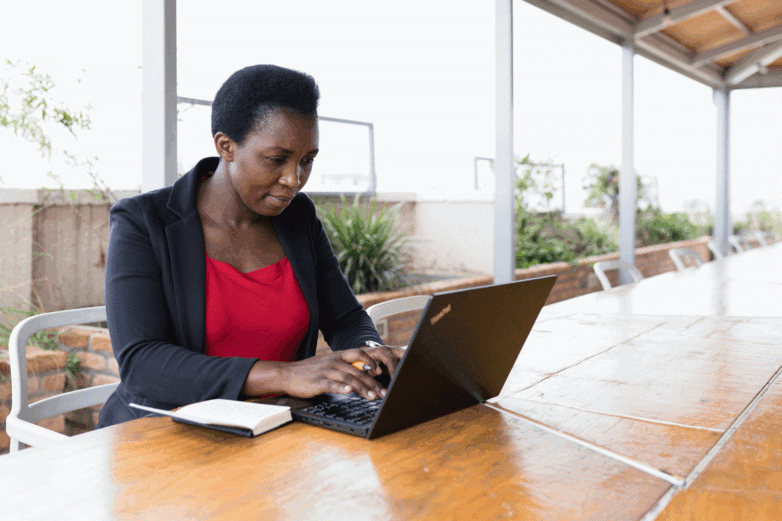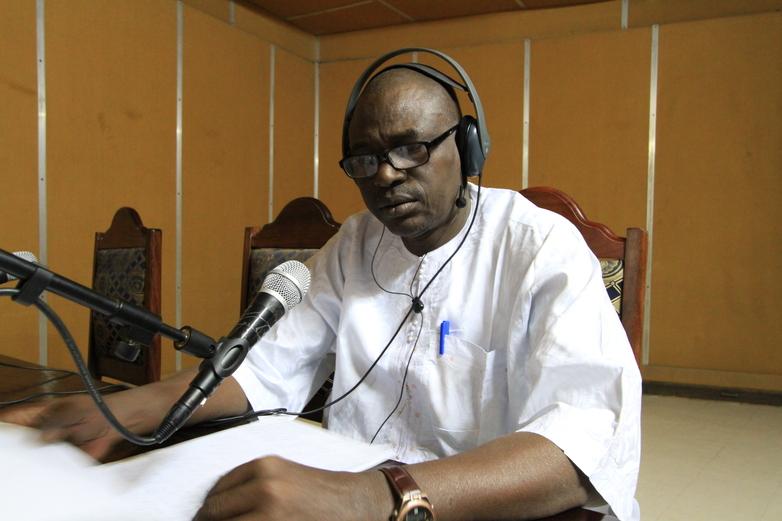Context
Disinformation is the deliberate dissemination of falsehoods with the aim of manipulating public opinion and political decisions. Digital platforms allow for faster, more globalised and cheaper dissemination of disinformation.
Local and global actors and networks also frequently use disinformation campaigns in Africa to exacerbate social polarisation, disrupt democratic interaction and deliberately undermine trust in institutions. Women, ethnic and religious minorities and other disadvantaged groups have been particularly affected by the negative impact of disinformation.
Alongside domestic and geopolitical objectives, disinformation is increasingly driven by economic incentives. Inadequate regulation of the digital space, a lack of skills on the part of government officials and the general public, and a lack of quality journalism all play a role in this respect.


